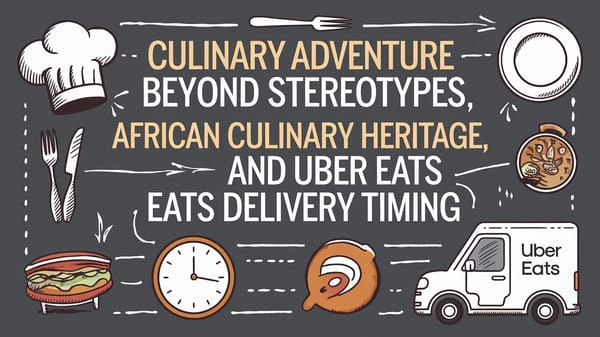7 Best Ways to Train New Restaurant Staff for Success

Hiring and training new restaurant staff is never easy, especially in fast-paced environments. As many restaurant owners and managers share their experiences, it becomes clear that finding the right fit is just as important as the training process itself. Some employees catch on quickly, while others may struggle. In this article, we'll dive into the seven best ways to effectively train your new hires so they can become confident, productive team members in no time. Whether you're bringing in staff with experience or giving someone a chance with little knowledge, these tips will help set them up for success.
1. Start with a Paid Trial Shift
Many restaurant owners have found that starting new hires with a paid trial shift can make a huge difference. It gives both you and the potential employee a chance to see if they’re the right fit without committing fully. During this shift, watch how they handle basic tasks like prep work and how they interact with the team. If they struggle with something as simple as handling a knife safely, you’ll know early on that more training—or perhaps a different hire—might be needed.
2. Use Hands-On Training from Day One
Nothing beats hands-on experience, especially in a restaurant. Don’t just tell your new hires what to do—show them. Have a seasoned team member or manager demonstrate how to move safely in the kitchen, prep food efficiently, or communicate with others. Immediate, real-life application helps cement knowledge, and it can highlight any safety issues before they become accidents.
3. Create a Safe and Clear Communication Culture
One of the most common frustrations among restaurant managers is the lack of communication from new staff. Basic phrases like “coming in” or “behind you” can prevent accidents. Make sure new hires understand the importance of these calls and practice with them. If they don’t pick it up within the first few weeks, it might be time to consider other options. Communication can be the difference between a smooth shift and a dangerous one.
4. Set Expectations Early and Clearly
Being clear from the start about what you expect from your new hires can prevent confusion and poor performance. Whether it’s about keeping knives out of the dish pit, cleaning as they go, or working at a certain speed, make sure they know what’s expected. One manager shared a three-strike rule for learning new tasks, but everyone agrees that some things, like safety, must be learned immediately.
5. Offer Continuous Feedback (Positive and Constructive)
Feedback is essential during the training process. Don’t wait until the end of the day or week to tell them what they’re doing right or wrong. When someone makes progress, even if it’s slow, acknowledge it! Positive reinforcement can go a long way in boosting confidence and morale. At the same time, if someone isn’t picking up on basic tasks, it’s important to address that as soon as possible.
6. Balance Training with Shifts
New hires who only work one or two shifts a week may take longer to get up to speed. Try to schedule them more frequently at first, even if it’s for shorter shifts. The more often they can practice, the faster they’ll learn. If someone is only working a few shifts a week and still not catching on after a month, it may be time to have a serious conversation about whether they’re right for the team.
7. Know When It’s Time to Move On
Sometimes, despite your best efforts, a new hire just doesn’t work out. Whether they’re not picking up basic safety protocols or they’re slowing down the rest of your team, it’s important to recognize when it’s time to cut ties. One restaurant owner noted the importance of letting go of employees who can’t meet the standards. It’s better for the overall operation and ensures your experienced staff aren’t stuck picking up the slack.
These tips are based on the real experiences of restaurant owners and managers who’ve been in the trenches. Remember, patience is key, but knowing when to move on is just as important. With the right training process, you can build a team that works efficiently and keeps your restaurant running smoothly.




